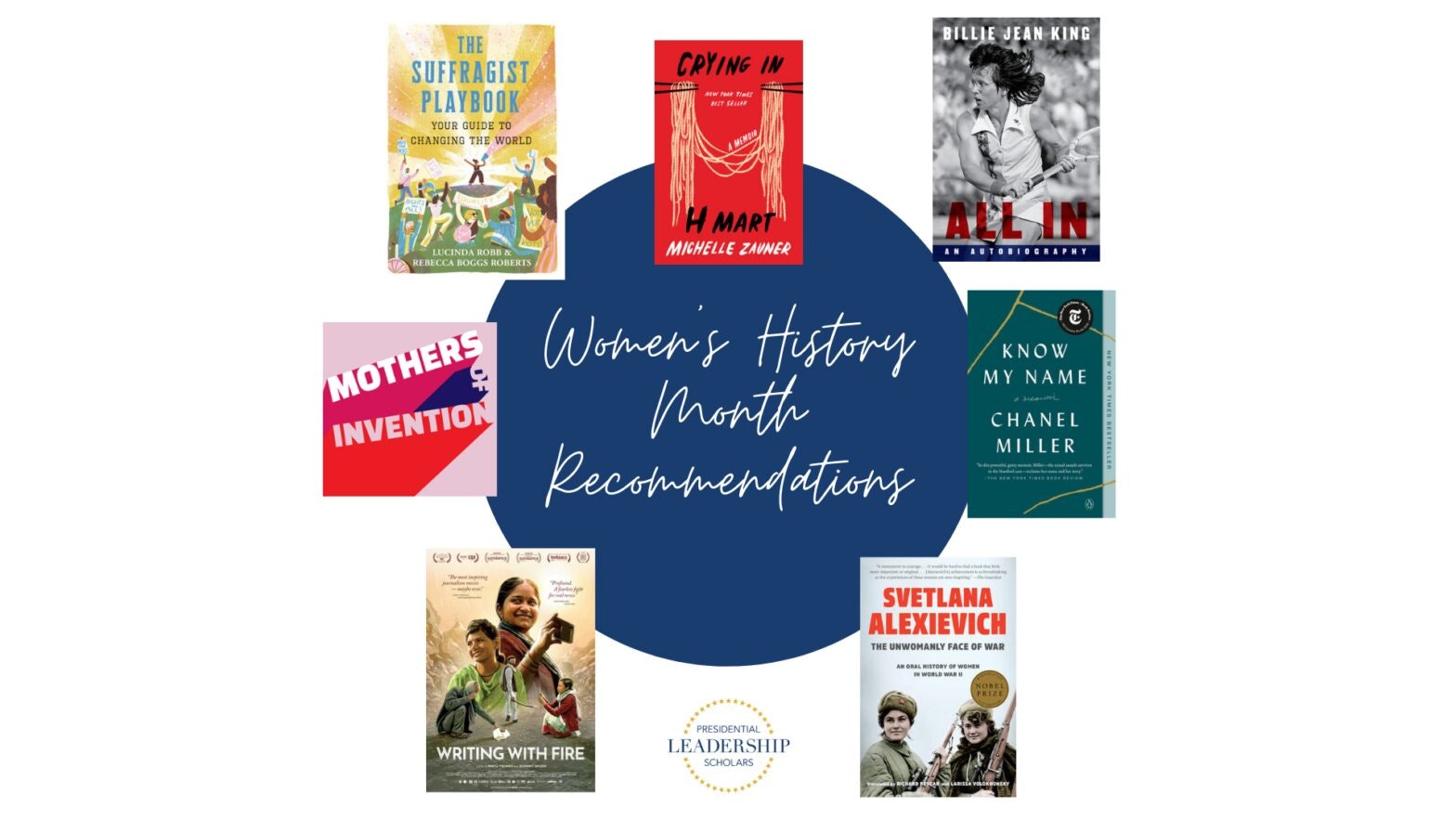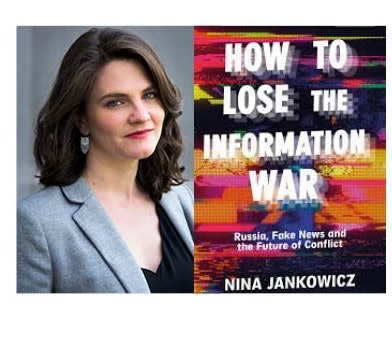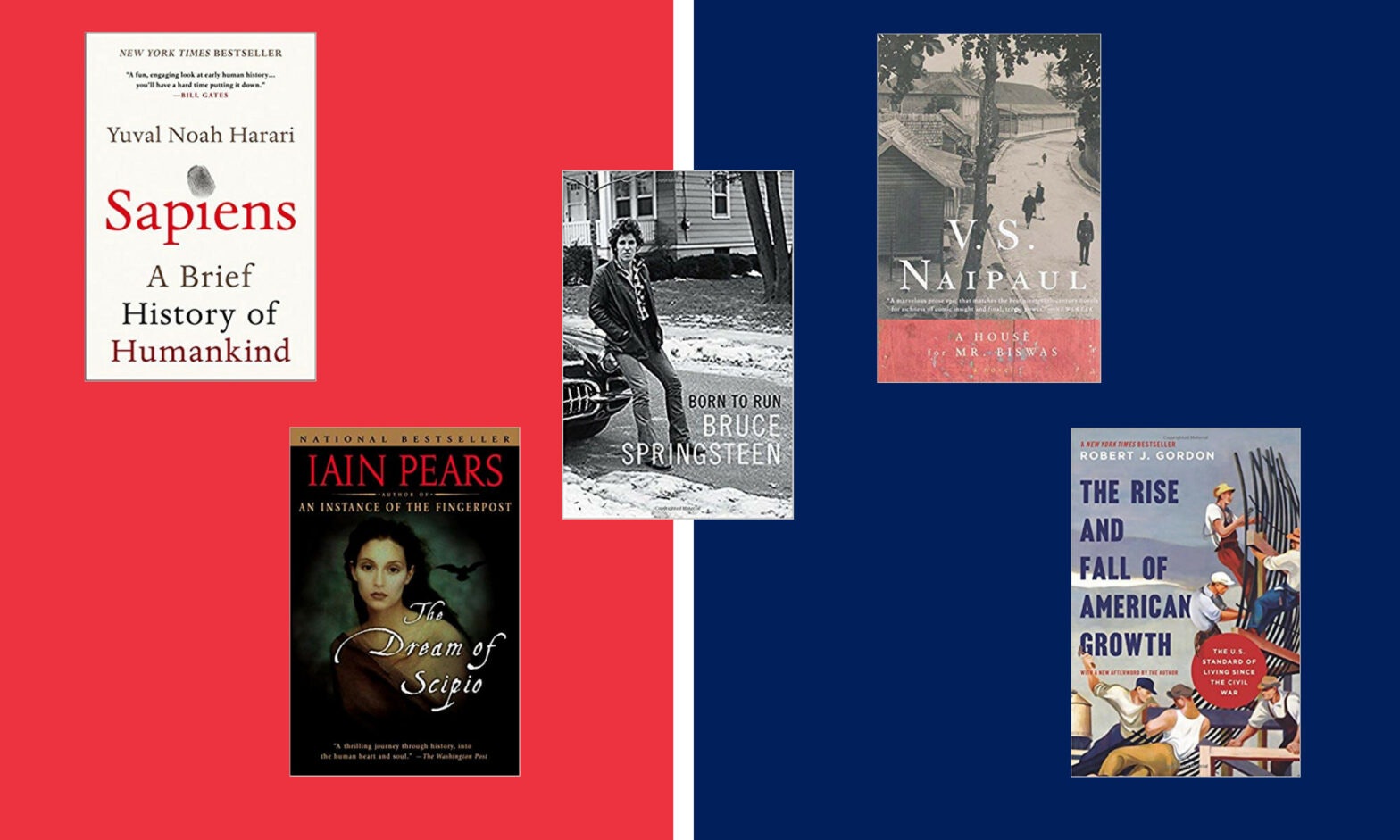We asked Bush Institute leaders what they are most excited to read in 2019.
Lindsay Lloyd, Director of the Human Freedom Initiative
I’m looking forward to reading The Death of Politics, a new book by Peter Wehner due out this June. Pete is a Senior Fellow at the Ethics and Public Policy Center in Washington, a contributing opinion writer for the New York Times, a former Bush Institute fellow, and a veteran of several senior positions in the administrations of George W. Bush, George H.W. Bush, and Ronald Reagan.
Pete’s new book will offer a spirited defense of politics – a somewhat contrarian view these days – and why it’s an essential component of our democracy. He argues that even in contentious and sometimes bitterly partisan times, a robust and civil public debate is possible if we return to our traditions and principles. Peter Wehner’s columns and writings are always lively and thought provoking. I’m looking forward to hearing his thoughts and ideas in long form this spring.
Natalie Gonnella-Platts, Director of the Women’s Initiative
A Woman of No Importance, by Sonia Purnell, details the intrepid life of Virginia Hall, a young American heiress who became, as the Gestapo described in 1942, “the most dangerous of all Allied spies.” Rejected from the United States Foreign Service because she was a woman and an amputee, with persistence she instead joined the British Special Operations Executive — Winston Churchill’s top secret spy agency often referred to as the “ministry of ungentlemanly warfare.” Operating amid an era when the use of female agents was largely banned, with grit and courage, Ms. Hall became a vital force in the European resistance. And her heroism proved a tremendous influence in changing the course of World War II.
I’m looking forward to reading this book because it pays tribute to the incredible legacy of women leaders whose journeys are too often relegated to the sidelines of history. And like so many, Virginia Hall’s deserves our attention.
Colonel Matthew Amidon, USMCR, Director of the Military Service Initiative
In 2019 I’m excited to read Doris Kearns Goodwin’s Leadership in Turbulent Times.
Does the leader make the times or do the times make the leader? This book traces the paths of Abraham Lincoln, Teddy Roosevelt, FDR, and LBJ as they faced challenge and opportunity. In doing so, “they all emerged better fitted to confront the contours and dilemmas of their times” This book highlights the importance of authentic leadership in some of the most trying periods in our nation’s history.
Anne Wicks, Director of Education Reform
The Culture Broker, by Margaret Leslie Davis, is a biography of Franklin D. Murphy, the man who played a driving role in the mid twentieth century transformation of Los Angeles from provincial to a world class city. Murphy served as both Chancellor of UCLA and CEO of the Times Mirror media group. He worked with philanthropists, higher education institutions, civic organizations, and the business community to build a new vision of LA – a vision where cultural, art, research, education, commerce, and journalism expanded rapidly.
I am in interested in this biography for two reasons. First, I lived in LA for five years and find it to be one of the most fascinating cities around. Second, we live in a time where civic leadership – the men and women leading institutions and organizations – matter so greatly. It is possible to invigorate and expand a city, a region, or a state if its leaders chose to align around a vision. And, importantly, if those leaders can persuade others to invest financial resources of all stripes in this new vision. The Culture Broker describes one such transformation decades ago; I wonder what fresh lessons it may offer us for today?
Matthew Rooney, Managing Director of the Bush Institute-SMU Economic Growth Initiative
Santa gave me a little book that I am looking forward to reading: Goodbye to a River: A Narrative, by John Graves. It is a beautifully crafted essay that threads a line between fiction and non-fiction, simultaneously memoir, history and commentary. Graves was born in 1920 in Fort Worth and grew up hunting and fishing along the Brazos River around Granbury in the 1920s and 1930s. In the late 1950s, as a series of dams were being built to control flooding and store water against drought, Graves took a canoe trip down his favorite stretch of the river, and wrote Goodbye to a River first as a magazine article about that trip, later expanding it to recount the history of the region, its conflicts between white settlers and Mexican and indigenous populations, and his own experiences.
The book intrigues me as a contribution to the debate about the importance of place and community in a globalizing world. Graves himself left the area to go to school, was wounded as a Marine fighting in the Pacific theater during World War II, and traveled widely before returning to North Texas in 1957. He understood firsthand how deeply interconnected human societies are, whether they like it or not, and yet remained firmly rooted in the place that shaped and reared him. Without necessarily intending to, he wrote a book that belongs alongside recent works like Paul Collier’s The Future of Capitalism: Facing the New Anxieties, that attempt to define the balance between cosmopolitanism and local identity. It is a theme we have touched on in The Catalyst and in our occasional blogs as well, as we have tried to contribute to an effort to reclaim nationalism from its populist excesses. At the end of the day, the most successfully globalized societies are those with strong local identities – a strong sense of community and place is the key to benefitting from engagement with others, whether through trade or dialogue or educational exchange. John Graves understood this decades before globalization was on everyone’s lips, and his insights remain valid today.
Colonel Miguel Howe, USA (Ret.), April and Jay Graham Fellow of the Bush Institute’s Military Service Initiative
General Stanley McChrystal’s new book, Leaders: Myth and Reality. While the study of “Leadership” has become a cottage industry, and there has been much talk over the lack of leadership in our country today, there is also great misunderstanding as to what it actually is as well as confusion over effective leaders and effective organizational outcomes. I’m looking forward to reading the General’s take.
Cullum Clark, Director of the Bush Institute-SMU Economic Growth Initiative
Capitalism in America: A History, by Alan Greenspan and Adrian Wooldridge, tells the epic story of America’s economic rise from its beginnings as a lightly populated colonial backwater. Great works of economic history serve to remind us of several timeless truths: that long-term economic growth and prosperity are hardly inevitable; that sound institutions as well as visionary political and business leadership make all the difference; and that relatively free markets and a great deal of “creative destruction” have played central roles in the success of every modern-day advanced economy.
Greenspan and Wooldridge make a perfect writing duo for this new history of dynamic market-driven progress in the United States. Greenspan, chairman of the Federal Reserve for 19 years, brings more than five decades of experience near or at the summit of U.S. economic policymaking as well as deep knowledge of American business history. Wooldridge, a former editor at The Economist, has written highly respected books on economic history, business, political thought, and the current age of “Great Disruption.” Their new history stands out for highlighting the pivotal contributions of innovative entrepreneurs and free markets in making America into an economic colossus that remains the envy of the world.



























